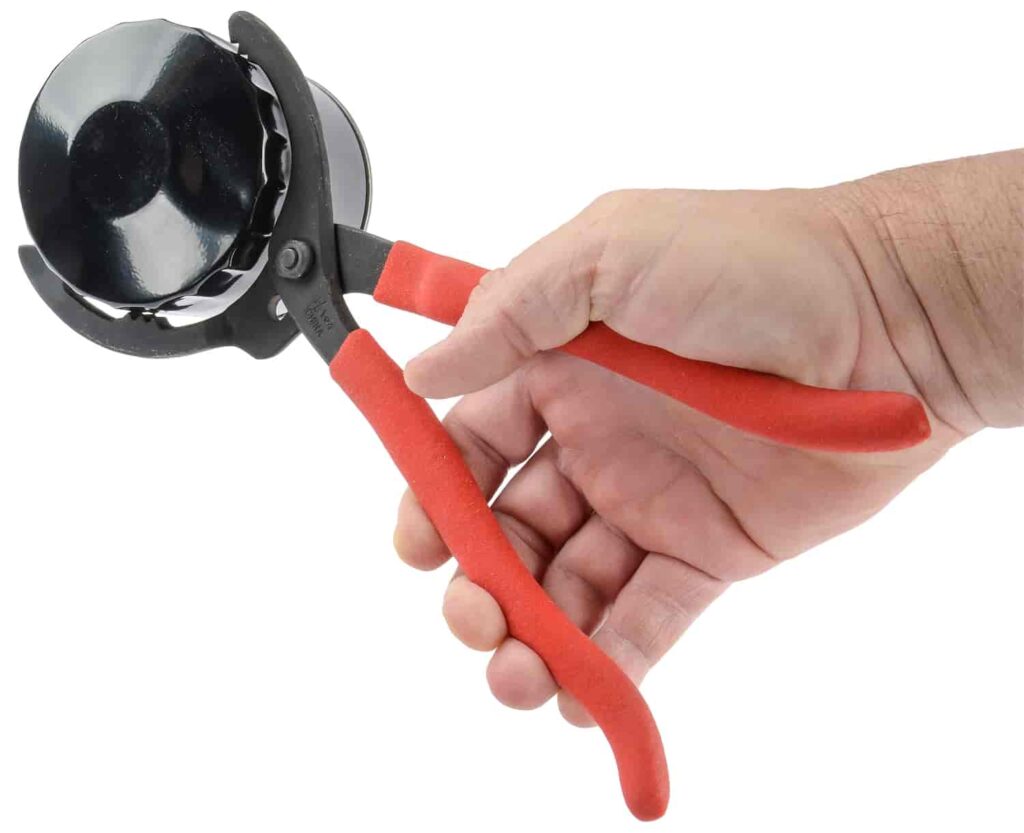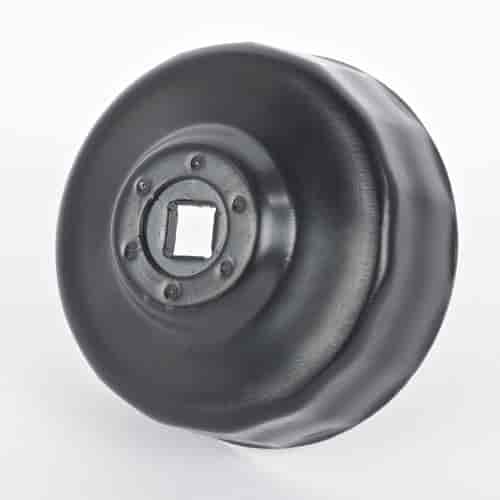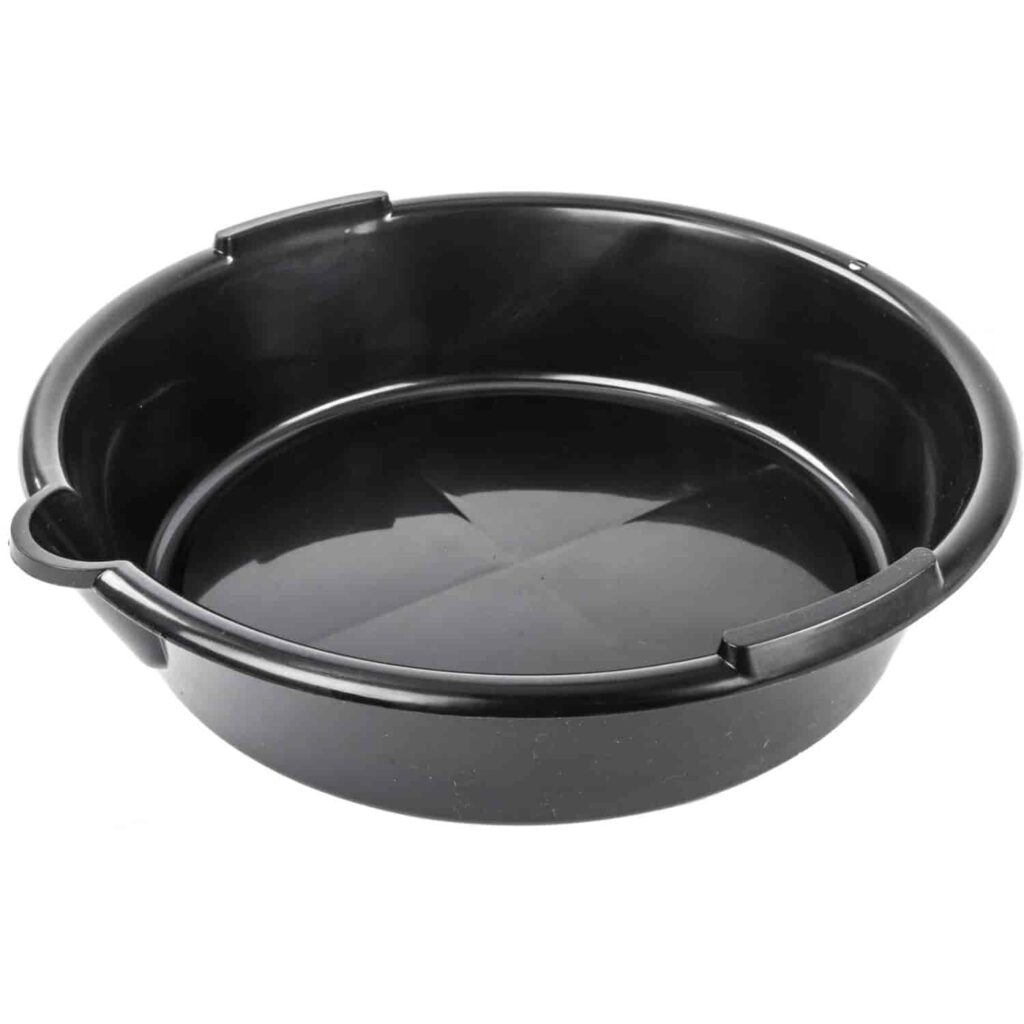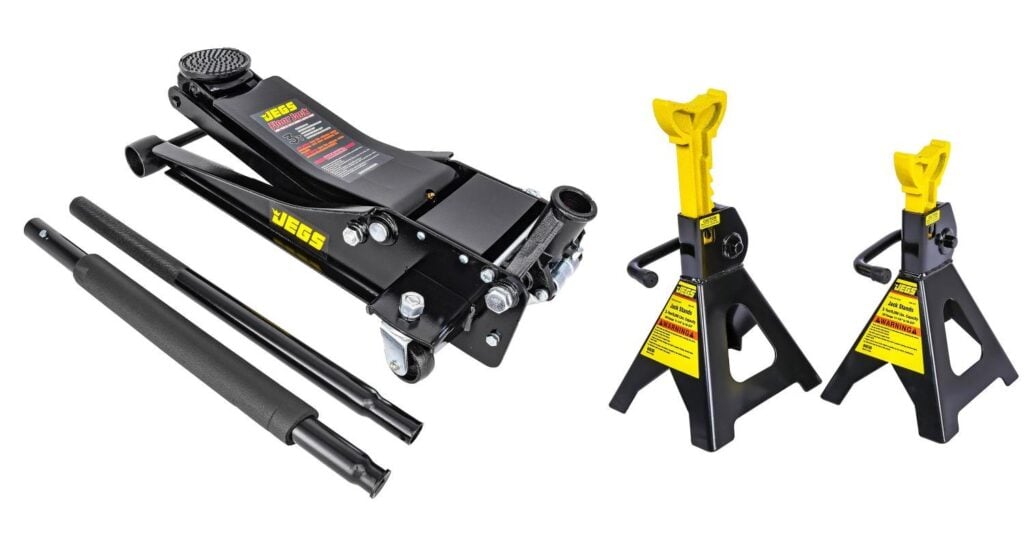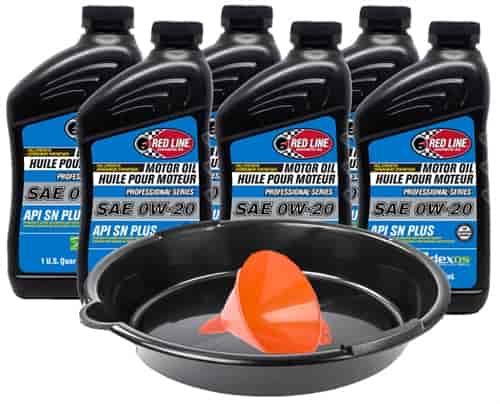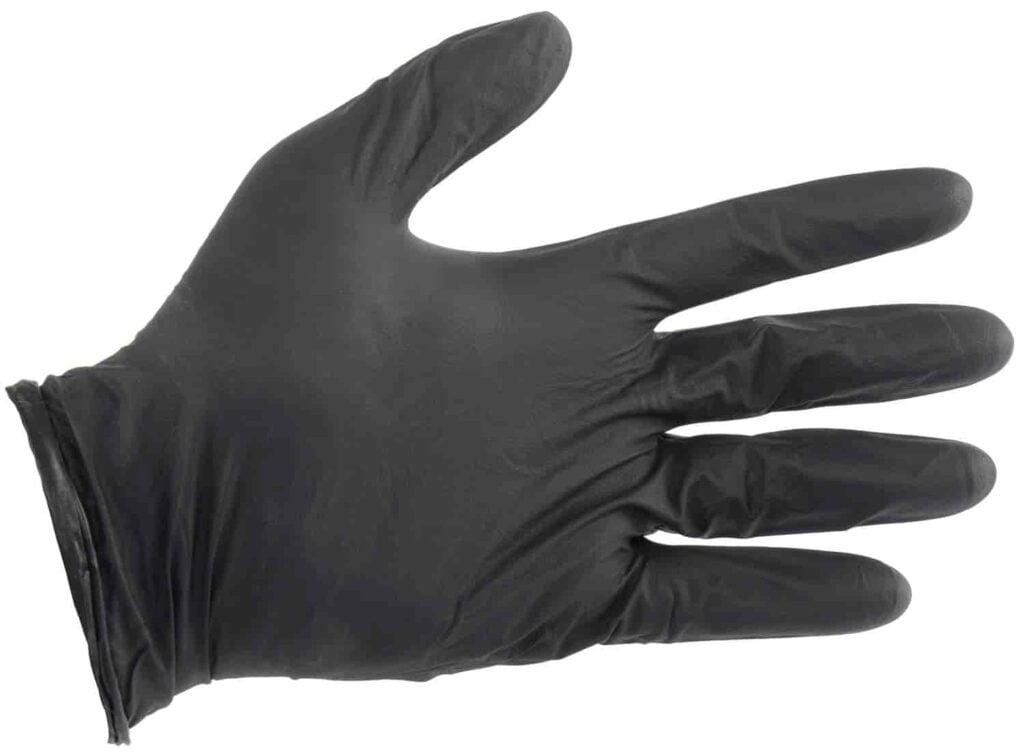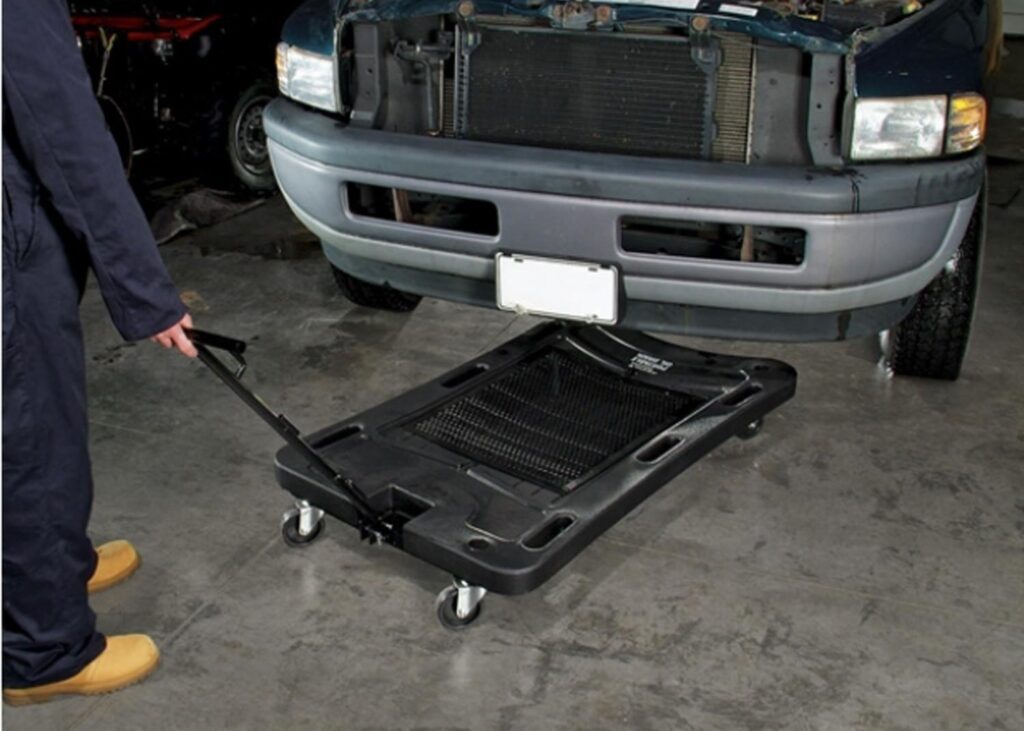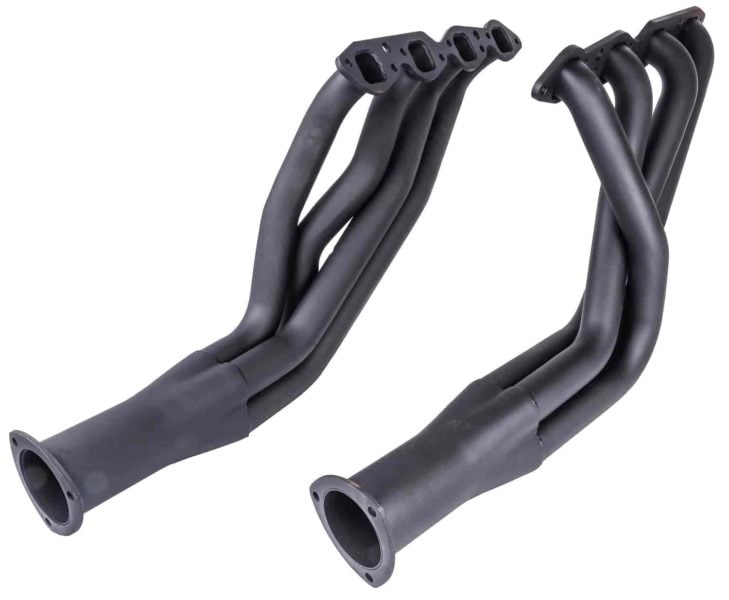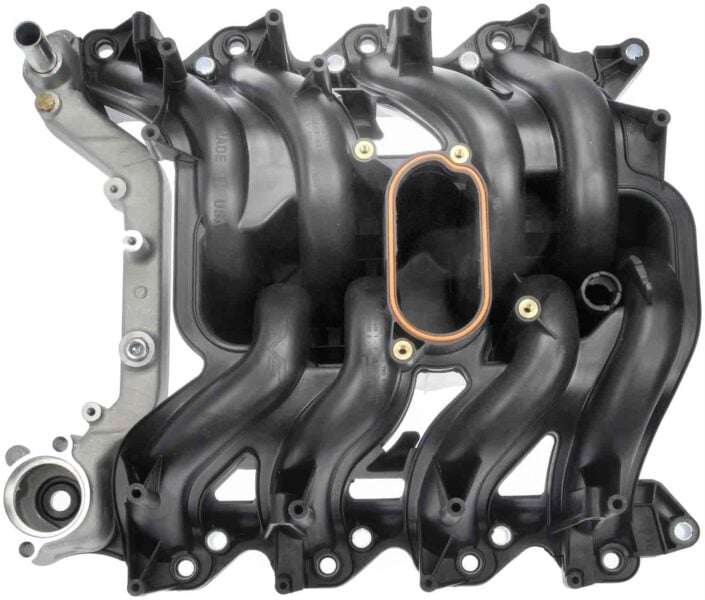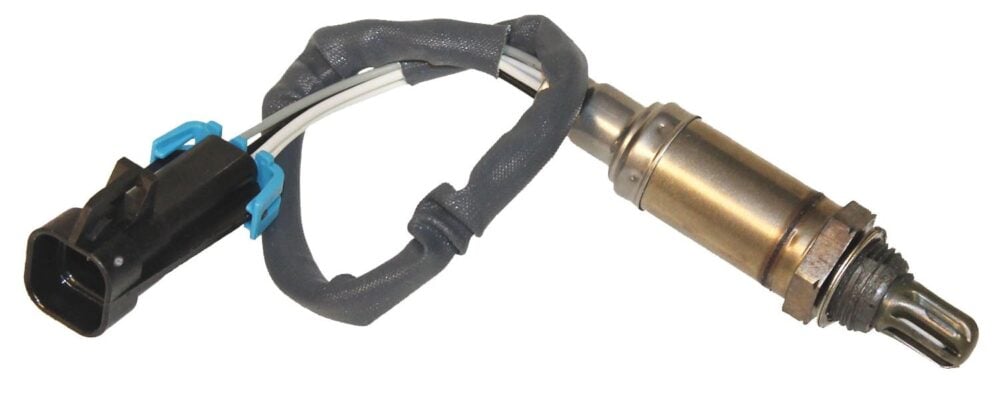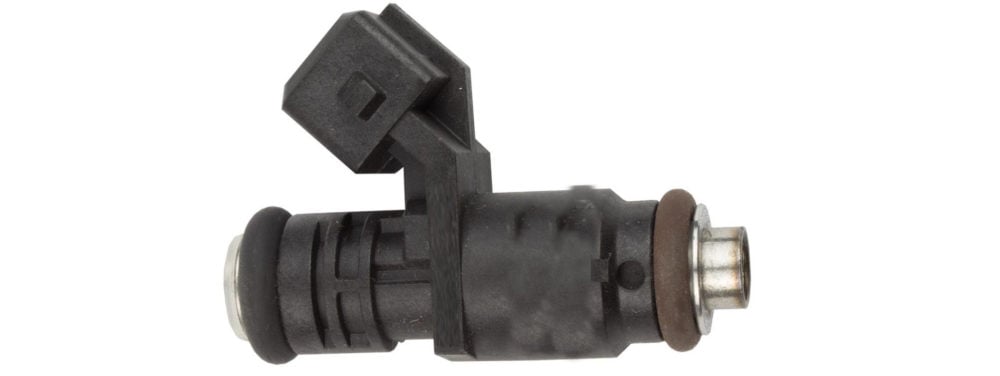Oil changes are an essential part of engine maintenance. Failing to change your engine oil will result in worn-down parts, overheating, and other problems that can destroy an engine. While many people have a mechanic change their oil, you only need a few tools for an oil change. Plus, it's one of the easiest maintenance jobs you can learn if you want to start doing your own maintenance.
If you want to learn more about the tools needed for an oil change and whether or not it's worth it to change the oil on your own, you're in the right place. Read on to learn more below.
Garage Tools for an Oil Change
You don't need too many tools for an oil change, but there are some specialized options you should consider. Some of these tools might be in your garage already, or you might want new attachments for your socket wrench that make changing your oil a breeze. Learn more about some of the best garage tools for an oil change below.
Oil Filter Pliers
A specific tool for oil changes that works excellently is oil filter pliers. We recommend an adjustable pair that you can use for multiple vehicles, like the OEMTOOLS Adjustable Oil Filter Pliers. Pliers make the job a breeze; you don't have to worry about finding the right socket size for your wrench. Therefore, it's one of the most essential oil change tools around.
Socket Cap Oil Filter Wrench
If you don't want a set of oil change pliers, you'll need a wrench to remove the oil filter when it's time for an oil change. While finding a wrench or pliers that fits your oil filter can be a nuisance, plenty of oil filter sockets are available. You can find entire oil filter wrenches or sockets like a Socket Cap Oil Filter Wrench designed to fit your vehicle’s oil filter. Heavy-duty oil filter sockets are also available for larger vehicles.
Oil Drain Pan
Oil drain pans are essential unless you have a spare plastic container that can be used for collecting oil. An oil drain pan allows you to collect the old oil for disposal instead of ending up with oil all over your driveway or garage. Drain pans are also cheap and usually found in oil change kits.
Floor Jack and Jack Stands
You need jack stands when lifting your vehicle off the ground to secure it safely and a floor jack to give you room off the ground so you can remove the oil filter and drain it. While many professional shops have two or four-post lifts, floor jack and jack stands will have you feeling like a pro when you jack up your vehicle. We also recommend a kit like this with the floor jack, and the jack stands for your safety.
Creeper
Whenever you’re working under a vehicle, you want a creeper. A mechanic creeper and seat set will make your life easier because you lay down and roll underneath your vehicle instead of squirming around while you drain the oil. We recommend a kit with a seat for any other automotive work you plan on doing in your garage.
Should You Change Your Oil Yourself?
You should consider changing your engine oil yourself. Changing your oil can save you the cost of labor, and it's an excellent skill to have, especially if you have to maintain several vehicles.
An oil change is also one of the most straightforward DIY jobs you can learn for your vehicle. It only requires you to remove the oil filter, drain the old oil, install the new oil filter, and then fill the engine crankcase. You can usually change your oil in less than a half hour. Therefore, it's a good idea if you have the time and patience to learn how to change your oil. Just make sure you get the right oil and filter for your vehicle. Check the owner's manual to see what oil you need.
That said, there's no shame in bringing your vehicle to a professional if you’re unsure how to change your oil or don’t have time.
Tips For DIY Oil Change
Changing your oil can seem overwhelming if it's your first time. The good news is that we have plenty of tips to help your DIY oil change go smoothly.
Wear Protective Gear
We always recommend wearing gloves when you change your oil, specifically Heavy-Duty Nitrile Gloves. These gloves will keep your hands clean and simplify the oil change process. Plus, you can easily find gloves that fit your hands; many nitrile gloves are tear-resistant.
Gloves aside, you should also wear safety glasses. The last thing you want is oil in your eyes because it will cause irritation that may last several minutes or hours. Safety glasses will also keep your eyes safe if metal shavings fall as you remove the oil filter or open the drain. While safety glasses are fine, you’re better off with safety goggles when changing your oil. They seal and adhere to your face so no oil will slip through any gaps.
Use a Funnel
Another great tip you can follow for an oil change is to use a funnel. While you can try to pour the oil from the bottle into the reservoir, you’re always better off using a funnel. A good funnel like the JEGS Hands-Free Oil Funnel with clamps makes pouring oil a breeze. You'll never have to worry about oil splashing on your engine or wasting that precious oil again.
Use a Cart to Transport Old Oil
Doing more than one oil change? Or don't feel like carrying a heavy oil drain pan? Consider using an oil drain pan that's on wheels. The Low Profile Poly Oil Drain is an excellent example of an innovative concept that can help you get rid of oil faster when you drain your old oil. Gone are the days when you must break your back carrying around an old oil pan.
JEGS: For All Your Automotive Needs
And there you have it, a full rundown on tools needed when changing your engine's oil. You should now have all the needed information to choose which tools you need and which are best for you.
For all your automotive needs, consider JEGS, a leading supplier of performance auto parts, including oil change tools. Feel free to browse our extensive selection and complete your order online.
Still have questions? Contact our team today.

